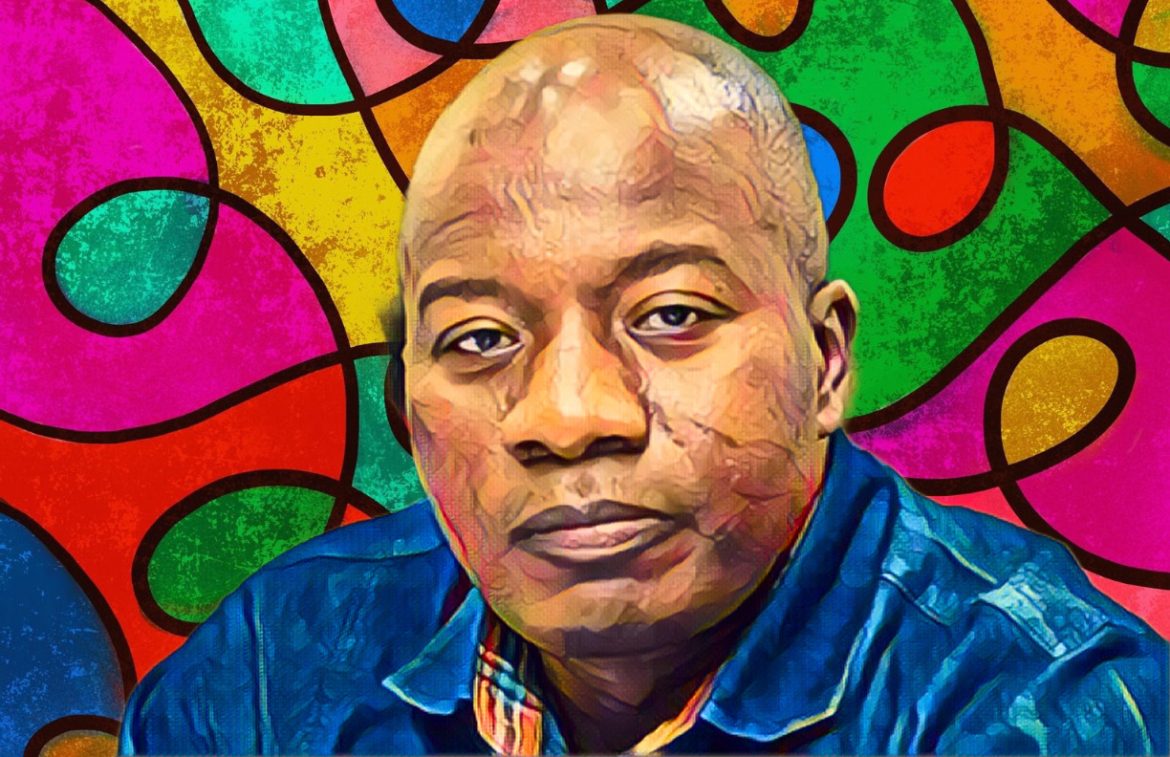KEY POINTS
- Ayariga criticizes the Supreme Court’s involvement in a parliamentary ruling.
- He emphasized that the Parliament is shielded from judicial interference.
- Ayariga believes the case should have been handled by the High Court.
Mahama Ayariga, the member of parliament for Bawku Central for the National Democratic Congress (NDC), expressed his displeasure with the Supreme Court’s decision to overturn the Speaker of Parliament’s order to declare four parliamentary seats empty.
Ayariga believes that the constitution protects Parliament from judicial interference, making the court’s involvement surprising.
Constitution shields Parliament from court interference
Citing Articles 115 and 122 of the Ghanaian Constitution, Ayariga emphasized that these clauses are intended to safeguard the independence of Parliament.
He was disappointed by the Supreme Court’s decision to halt the Speaker’s decision after Alexander Afenyo-Markin, the leader of the New Patriotic Party (NPP), filed an ex parte application.
According to the Constitution, the court should not have made a decision without taking the Speaker’s viewpoint into account, Ayariga said.
Ayariga thought it was improper that the court’s order let the four MPs carry on working until the case’s verdict.
Speaker’s directive prioritized over court ruling
In response to the court’s involvement, Ayariga stated that NDC members would continue to follow the Speaker’s directive rather than adhere to the court’s ruling. He insisted that Parliament operates independently and should not be influenced by judicial decisions, saying, “We listen to our Speaker, we don’t listen to the Supreme Court.”
Ayariga also questioned the urgency of the Supreme Court’s intervention, arguing that the matter should have initially been addressed by the High Court, as stipulated in Article 99 of the Constitution.
According to Graphic Online, he emphasized that disputes over parliamentary vacancies are typically resolved at the High Court level before being referred to the Supreme Court if necessary.
High Court should have handled the case
Ayariga explained that the constitutional process usually requires the High Court to seek guidance from the Supreme Court only if there is a misunderstanding.
He claimed that the Supreme Court had violated the correct legal process by considering the issue from the beginning.
He continued, “If there is some misunderstanding, the High Court can then stay proceedings and refer it to the Supreme Court.” In order to preserve Parliament’s independence, Ayariga demanded a restoration of this constitutionally proper procedure.




